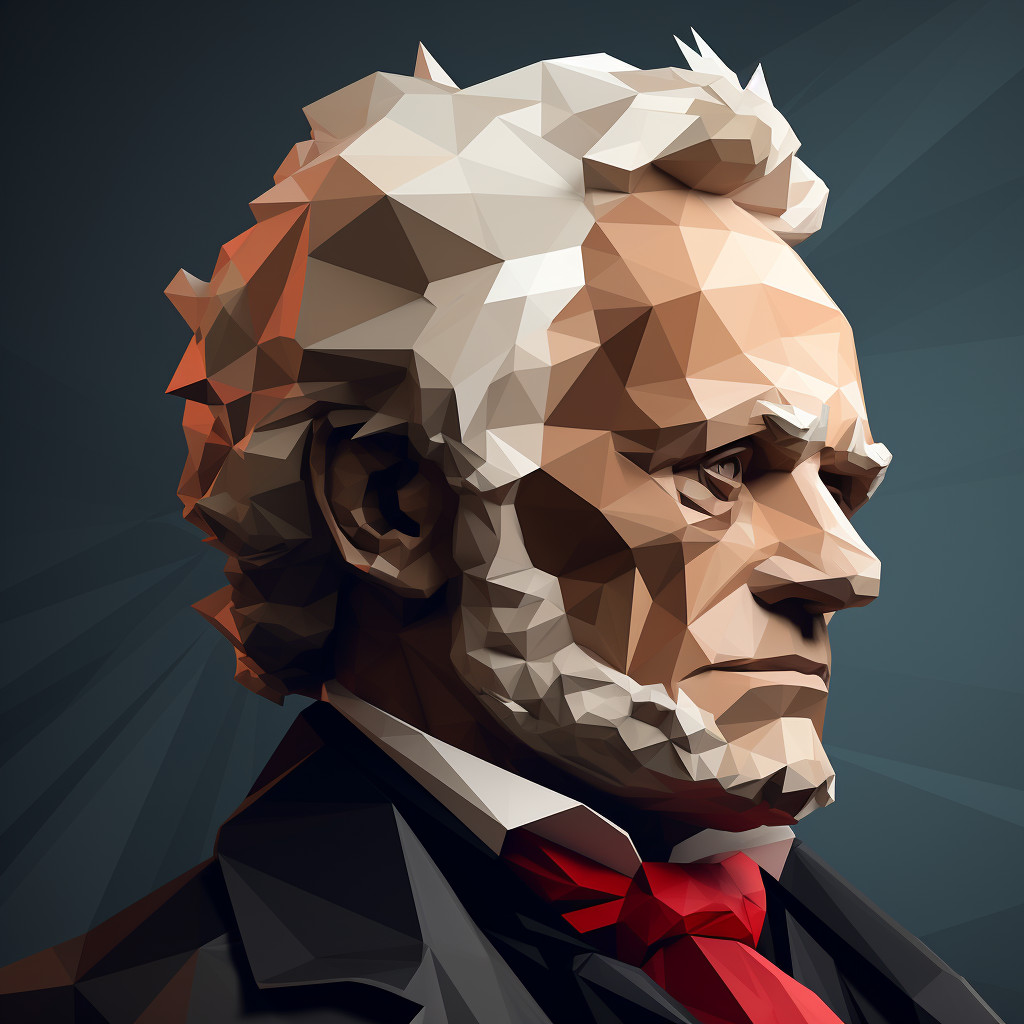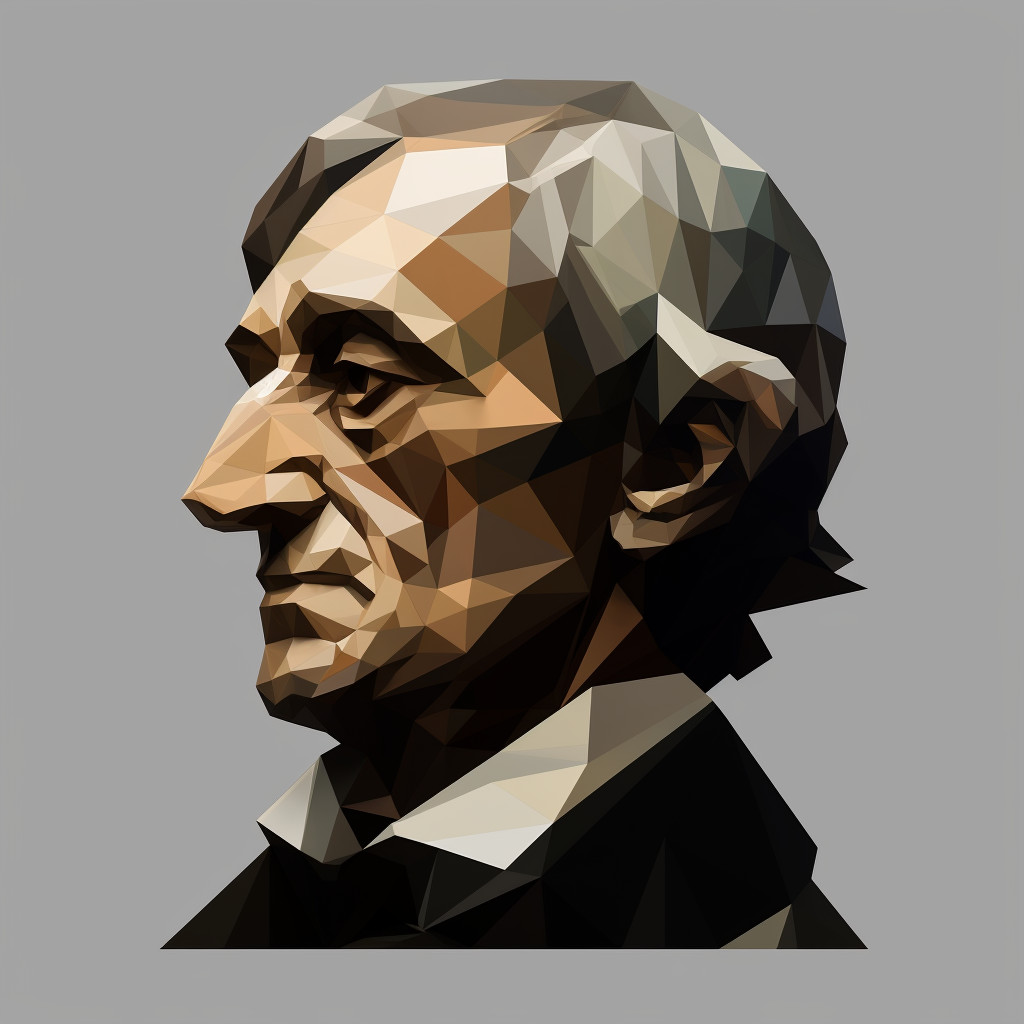'Ennui' Quotes
Ennui, a feeling of boredom and dissatisfaction with life, has been a prevalent theme in literature, art, and philosophy for centuries. As a result, ‘Ennui Quotes’ have emerged as a powerful tool to express this universal emotion. These quotes capture the essence of ennui, providing a se…Read More
Ennui, a feeling of boredom and dissatisfaction with life, has been a prevalent theme in literature, art, and philosophy for centuries. As a result, ‘Ennui Quotes’ have emerged as a powerful tool to express this universal emotion. These quotes capture the essence of ennui, providing a sense of understanding and validation for those who experience it. From famous figures like Charles Baudelaire and Edgar Allan Poe to modern-day influencers, ‘Ennui Quotes’ have influenced and inspired individuals to reflect on their lives and seek meaning and purpose. They serve as a reminder to embrace the present and find joy in the mundane. Despite the changing times, ‘Ennui Quotes’ continue to resonate and motivate people, making them timeless and relevant.Read Less
Ennui, a feeling of boredom and dissatisfaction with life, has been a prevalent theme in literature, art, and philosophy for centuries. As a result, ‘Ennui Quotes’ have emerged as a powerful tool to express this universal emotion. These quotes capture the essence of ennui, providing a sense of understanding and validation for those who experience it. From famous figures like Charles Baudelaire and Edgar Allan Poe to modern-day influencers, ‘Ennui Quotes’ have influenced and inspired individuals to reflect on their lives and seek meaning and purpose. They serve as a reminder to embrace the present and find joy in the mundane. Despite the changing times, ‘Ennui Quotes’ continue to resonate and motivate people, making them timeless and relevant.
12 Esteemed 'Ennui' Quotations and Sayings
Ennui – Symbolic Value
Ennui, a French term meaning boredom or listlessness, has been a recurring theme in literature, art, and philosophy for centuries. It is often used to describe a feeling of emptiness or dissatisfaction with life, and has come to hold a symbolic value in understanding the human experience.The concept of ennui can be traced back to the 18th century, when it was first used by French philosopher Jean-Paul Sartre to describe a state of existential angst. It was later popularized by the Romantic poets, who saw it as a reflection of the human condition in a rapidly changing world.
Ennui – Cultural and Historical Significance
Ennui has played a significant role in shaping cultural and historical movements. In the 19th century, it was seen as a symptom of the decline of traditional values and the rise of industrialization. This is evident in the works of French novelist Gustave Flaubert, who portrayed ennui as a pervasive feeling among the upper classes in his novel Madame Bovary.In the 20th century, ennui took on a new meaning in the context of postmodernism. It became associated with the loss of meaning and purpose in a world that had become fragmented and devoid of traditional structures. This is reflected in the works of writers such as Samuel Beckett and Albert Camus, who explored the theme of ennui in their existentialist writings.
Ennui – Common Themes in Motivational Contexts
Ennui is often used in motivational contexts to describe a lack of drive or motivation. It is seen as a barrier to achieving success and fulfillment in life. This is evident in the popular saying, “An idle mind is the devil’s workshop,” which highlights the negative consequences of ennui.In motivational literature, ennui is often linked to the concept of purpose and finding meaning in life. It is seen as a hindrance to personal growth and self-actualization. Many self-help books and seminars focus on overcoming ennui and finding ways to stay motivated and engaged in life.
Ennui – Portrayal in Art and Media
Ennui has been a popular theme in art and media, with many artists using it as a source of inspiration. In the visual arts, it is often depicted through images of empty landscapes or solitary figures, conveying a sense of isolation and disconnection.In film and television, ennui is often portrayed through characters who are disillusioned with their lives and searching for something more. This is seen in movies such as The Graduate and American Beauty, where the protagonists struggle with feelings of ennui and the desire for something beyond their mundane existence.
Ennui – Impact on Understanding of Life and Society
The concept of ennui has had a profound impact on our understanding of life and society. It has been used to critique the modern world and its emphasis on productivity and material success. It has also been linked to issues such as consumerism, alienation, and the search for meaning in a fast-paced, technology-driven society.Ennui has also been a source of inspiration for social and political movements. In the 1960s, the Situationist International, a group of artists and intellectuals, used ennui as a means of challenging the dominant capitalist system and advocating for a more authentic and fulfilling way of life.In conclusion, ennui holds a significant symbolic value in understanding the human experience. It has been a recurring theme in literature, art, and philosophy, and has shaped our cultural and historical understanding of the world. While it is often seen as a negative emotion, it has also been a source of inspiration and a catalyst for change. Whether viewed as a barrier to success or a call to action, ennui continues to hold a prominent place in our understanding of life and society.













